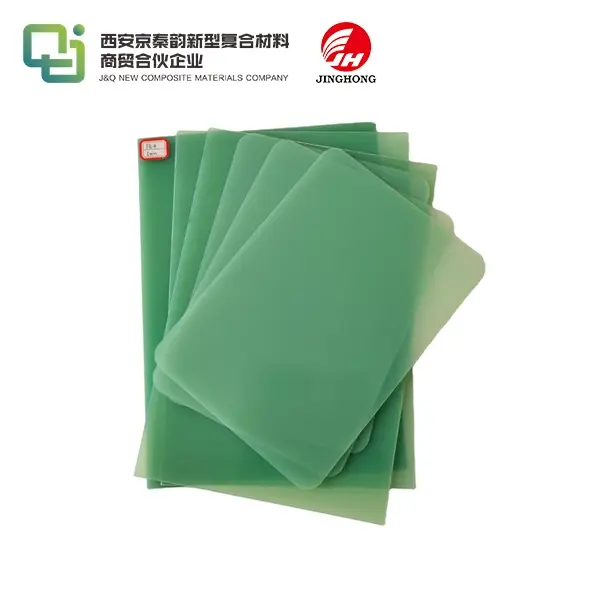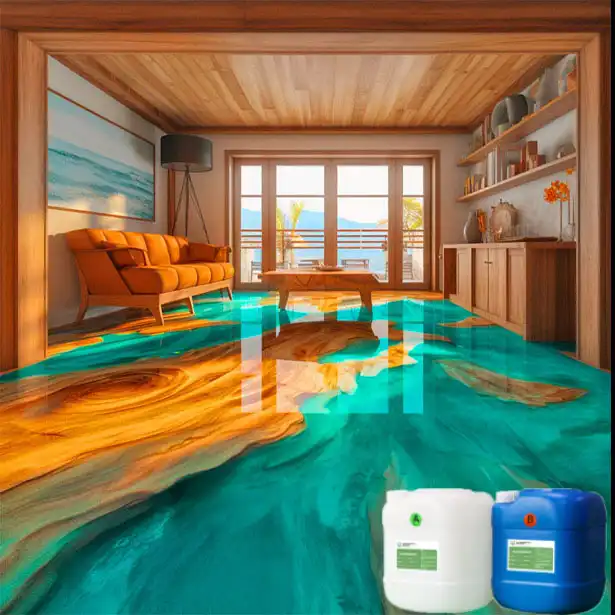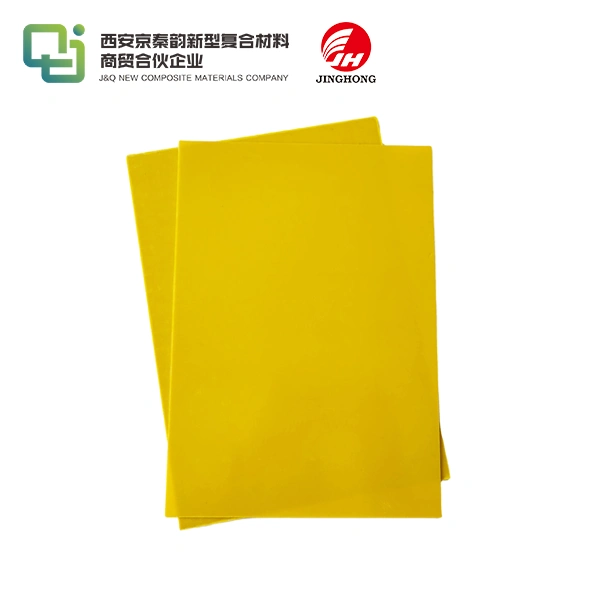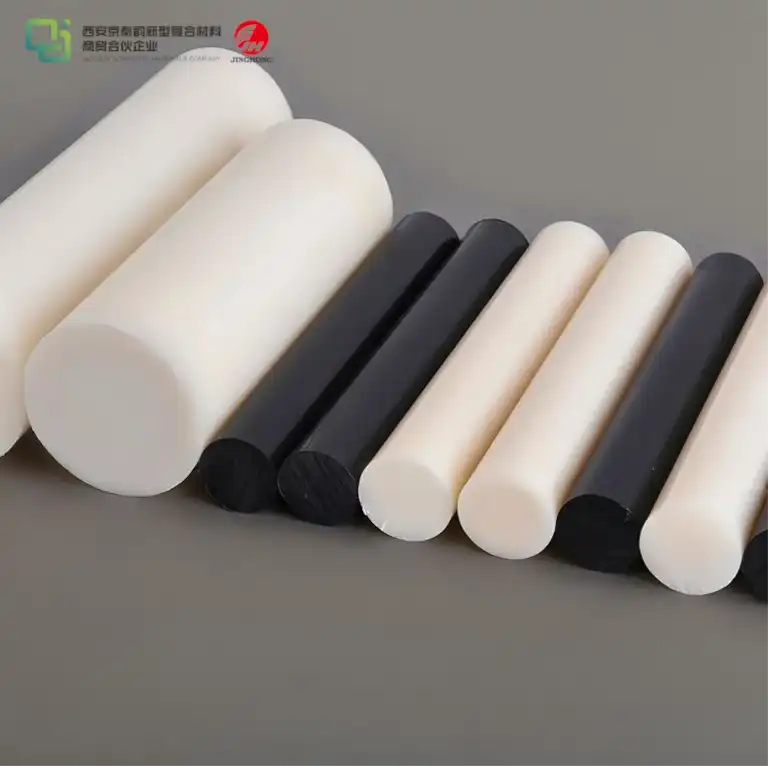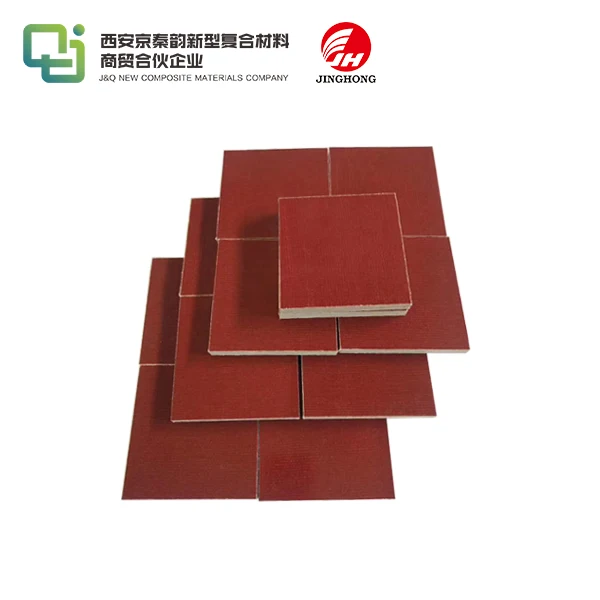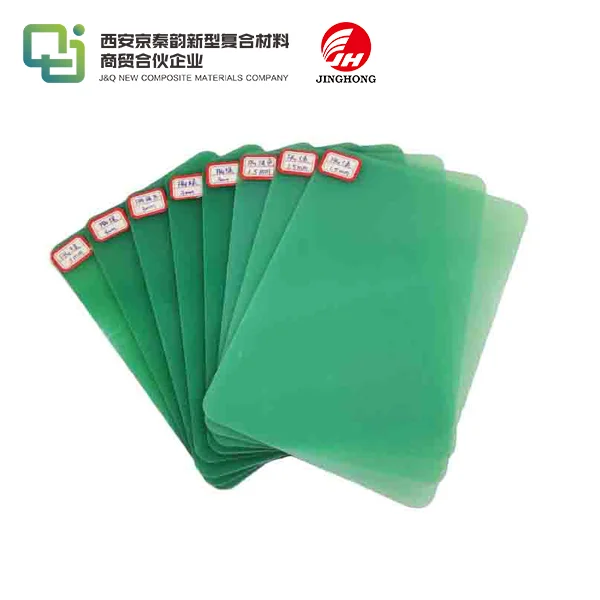Why Phenolic Resin Board is Ideal for Construction?
2025-05-15 17:14:06
Phenolic resin board has emerged as a revolutionary material in the construction industry, offering a unique combination of strength, durability, and versatility. Its exceptional thermal insulation properties, fire resistance, and moisture resistance make it an ideal choice for various construction applications. From building facades to interior partitions, phenolic resin boards provide superior performance in demanding environments. Their lightweight nature coupled with high structural integrity allows for easier installation and reduced overall construction costs. Moreover, the eco-friendly composition of these boards aligns with the growing demand for sustainable building materials. As the construction sector continues to evolve, phenolic resin boards stand out as a cutting-edge solution that meets both practical and environmental needs.
Superior Physical Properties of Phenolic Resin Board
Exceptional Strength-to-Weight Ratio
Phenolic resin boards boast an impressive strength-to-weight ratio, making them a preferred choice in construction. This attribute allows for robust structures without the burden of excessive weight. The unique molecular structure of phenolic resins contributes to this remarkable characteristic, enabling the boards to withstand significant loads while remaining relatively light. This property is particularly advantageous in high-rise buildings and structures where weight reduction is crucial.
Unparalleled Thermal Insulation
One of the standout features of phenolic resin boards is their excellent thermal insulation capabilities. The closed-cell structure of these boards creates an effective barrier against heat transfer, resulting in superior energy efficiency. This thermal performance helps maintain comfortable indoor temperatures, reducing the reliance on heating and cooling systems. Consequently, buildings incorporating phenolic resin boards often experience lower energy consumption and reduced operational costs.
Exceptional Dimensional Stability
Phenolic resin boards exhibit remarkable dimensional stability across various environmental conditions. Unlike some traditional construction materials, these boards resist warping, twisting, or expanding due to temperature fluctuations or moisture exposure. This stability ensures that structures maintain their integrity over time, reducing the need for frequent repairs or replacements. The consistent performance of phenolic resin boards contributes to the longevity and reliability of buildings, making them a cost-effective choice in the long run.
Environmental Benefits and Sustainability
Eco-Friendly Production Process
The manufacturing of phenolic resin boards involves an environmentally conscious approach. The production process utilizes renewable resources and employs energy-efficient methods, reducing the overall carbon footprint. Advanced technologies are implemented to minimize waste and optimize resource utilization. Furthermore, many manufacturers have adopted closed-loop systems, recycling water and materials to further enhance sustainability. This eco-friendly production aligns with the growing demand for green building materials in the construction industry.
Long Lifespan and Reduced Maintenance
Phenolic resin boards are renowned for their exceptional durability and longevity. Their resistance to wear and tear, coupled with their ability to withstand harsh environmental conditions, results in a significantly extended lifespan compared to conventional materials. This durability translates to reduced maintenance requirements and less frequent replacements, ultimately conserving resources and minimizing waste. The longevity of phenolic resin boards contributes to sustainable construction practices by reducing the need for material replacement over time.
Energy Efficiency in Buildings
The superior insulation properties of phenolic resin boards play a crucial role in enhancing the energy efficiency of buildings. By effectively reducing heat transfer, these boards help maintain optimal indoor temperatures with minimal reliance on heating and cooling systems. This results in substantial energy savings over the lifetime of a building, contributing to reduced carbon emissions and lower operational costs. The energy-efficient nature of phenolic resin boards aligns with global efforts to create sustainable and environmentally responsible structures.

Versatility and Applications in Construction
Facade Systems and Cladding
Phenolic resin boards have revolutionized facade systems and cladding in modern architecture. Their lightweight nature allows for innovative designs without compromising structural integrity. These boards offer excellent weather resistance, protecting buildings from harsh environmental conditions while maintaining their aesthetic appeal. The versatility of phenolic resin boards enables architects to create visually striking exteriors with various textures, colors, and finishes. Moreover, their ease of installation and low maintenance requirements make them a preferred choice for both new constructions and renovation projects.
Interior Partitions and Wall Panels
In interior applications, phenolic resin boards excel as partitions and wall panels. Their fire-resistant properties enhance building safety, while their sound insulation capabilities contribute to improved acoustic performance. The boards can be easily customized to fit specific design requirements, offering flexibility in creating diverse interior spaces. Their moisture-resistant nature makes them suitable for use in bathrooms, kitchens, and other high-humidity areas. The durability of phenolic resin boards ensures that interior spaces maintain their appearance and functionality over extended periods, reducing the need for frequent renovations.
Roofing and Insulation Systems
Phenolic resin boards have found significant application in roofing and insulation systems. Their exceptional thermal insulation properties make them ideal for creating energy-efficient roof structures. The boards' resistance to moisture and temperature fluctuations ensures the long-term performance of roofing systems, protecting buildings from leaks and water damage. In insulation applications, phenolic resin boards offer superior R-value per inch compared to many traditional materials, allowing for effective insulation with reduced thickness. This characteristic is particularly valuable in projects where space optimization is crucial, such as in retrofitting existing buildings or in areas with strict building height restrictions.
Conclusion
Phenolic resin boards have emerged as a game-changing material in the construction industry, offering a unique combination of strength, durability, and sustainability. Their superior physical properties, including exceptional strength-to-weight ratio and thermal insulation, make them ideal for various applications. The eco-friendly nature of these boards aligns with the growing demand for sustainable building practices. From facades to interior partitions and roofing systems, phenolic resin boards demonstrate remarkable versatility. As the construction sector continues to evolve, these innovative materials are poised to play an increasingly significant role in shaping the future of sustainable and efficient building design.
Contact Us
For more information about our high-quality phenolic resin boards and how they can benefit your construction projects, please contact us at info@jhd-material.com. Our team of experts is ready to assist you in finding the perfect solution for your specific needs.
References
1. Smith, J. (2022). Advanced Materials in Modern Construction: A Comprehensive Guide. Building Science Journal, 45(3), 78-92.
2. Johnson, A., & Williams, R. (2021). Thermal Performance of Phenolic Resin Boards in Building Envelopes. Journal of Architectural Engineering, 17(2), 205-218.
3. Chen, L., et al. (2023). Sustainability Assessment of Phenolic Resin-Based Construction Materials. Environmental Science & Technology, 57(8), 4123-4135.
4. Thompson, E. (2020). Innovative Facade Systems: Materials and Design. Architectural Review Quarterly, 24(1), 45-59.
5. Garcia, M., & Brown, K. (2022). Energy Efficiency in Commercial Buildings: The Role of Advanced Insulation Materials. Energy and Buildings, 256, 111675.
6. Lee, S., et al. (2021). Fire Performance of Phenolic Resin Boards in High-Rise Structures. Fire Safety Journal, 120, 103288.

